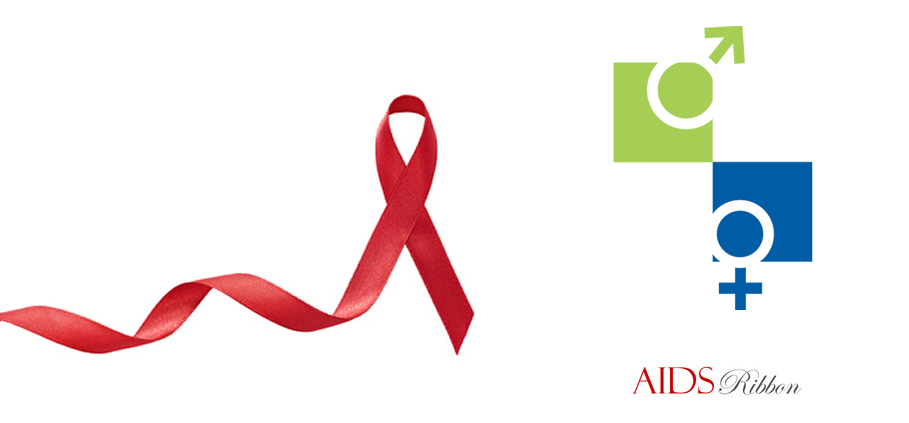Latest News
Nutrition and Urological Disorders
Anastasios D. Kalantzis, Surgeon Urologist-Andrologist
Medical researches conducted in the last few years have proved that a significant factor for the occurrence of some urological conditions and disorders, especially in men, is their lifestyle and the everyday habits that they have adopted.
The occurrence of infertility in couples, one of the most serious problems of our times, is caused mainly in the changes in our lifestyle. Infertility is rather a symptom than a diagnosis and occurs in 15% of the couples. Male infertility is significantly affected by the following factors:
- Environmental Pollution: causes damages to the genetic material of sperm, impeding conception and increasing miscarriage risk.
- Anxiety, stress: men under stress produce a larger percentage of abnormal morphology sperm.
- Smoking: affects the genetic material of sperm resulting in it having reduced ability to ignite the required fetal development.
- Nicotine: large quantities of nicotine in blood cause damage in testosterone biosynthesis, spermatogenesis, sperm maturation, and reduces reproductive ability.
- Alcohol: reduces the production of testosterone in the testes.
Another very crucial factor affecting the quality of sperm and is connected with male infertility is the man’s nutritional habits and, more so, obesity. Increased body fat binds the free testosterone in the blood, while it possibly encourages its transformation into the female hormone, estrogen. Therefore, our weight should be kept in healthy and normal levels. Also we should reduce the consumption of a) large fish such as sea-brim, swordfish, shark and tuna (the latter also in its canned form) as those have the tension to store polychlorinated biphenyls and mercury (heavy metals) and b) reduce or even cut out foods rich in plant estrogens, such as soya and its byproducts, because plant estrogens are phenyls that imitate estrogens. In this category “Fast food” is also included.
Foods and antioxidants we should include in our diet in order to improve sperm quality are:
- Lycopene: The richer in lycopene the diet is, the more increased the lycopene levels in sperm are. Rich in lycopene are tomato sauce, ketchup and, in a lesser degree, fresh tomatoes.
- Vitamins C and E: Good sources of Vitamin C are citrus fruits and raw vegetables, while vitamin E is found in good quality margarines and oils, fat fish and dried fruit.
- Selenium: taken by consumption of dried fruit, fish and whole-wheat cereal. It is a powerful antioxidant which participates in numerous chain reactions and affects the Leydig cells that produce testosterone in men. Research has shown that administration of selenium supplements increased sperm motility as well as fertilization potential in most men.
- Zinc and folic acid. Zinc deficiency results in reduced spermatogenesis and consequently reduced fertility. Zinc is found in shellfish and lean boneless meat, while folic acid in dark green, foliar vegetables and enriched cereal.
Prostate cancer is the second leading cause of deaths from cancer in the male population. It is usually observed in men of 60-80 years of age. There are no clear causes for the appearance of prostate cancer, but major contributing factors are age, heredity, nutrition, male hormones and race. Research has shown that 45% of prostate cancer cases are caused by a congenital disorder, while 55% of the cases have their cause in environmental factors and dietary habits. Medical research has shown that diets rich in animal fats, obesity and too many dairy products consumption increase the risk of prostate cancer development.
According to Dr. James Kozlowski, head of the Urology-Oncology Medical School of Northwestern University in Chicago, “changes in diet and lifestyle can play a significant role and reduce the risk of the disease progressing into malignancy, therefore they should be made early in a man’s life (between 20 and 30 years of age).
Vitamins and food groups, such as:
- Vitamins A & D.
- Vitamin E, found in dried fruit and royal jelly.
- Selenium, found in sesame, beer yeast, kidneys.
- Zinc in shellfish, black bread and red meat.
- Carotenoids, mainly lycopenes, found in (cooked) tomatoes, apricots, watermelon, and grapefruit.
- Plant estrogens, such as soya byproducts, cereal, fruit and vegetables (cabbage, cauliflower, broccoli).
- Quercetin, found in apples, green tea, red wine.
- Olive oil.
reduce the risk of prostate cancer occurrence and development.
Calculi (stones) formation in the urinary tract system is the third most frequent urologic condition after urinary tract infections and prostate diseases.. The stones are formed by the crystals that normally exist in the urine. This condition is more common in men than in women.
The irregular lifestyle and the reduction of physical activity, heredity (for example, formation of cystine stones is definitely a hereditary genetic anomaly), as well as a great number of accompanying diseases may be the cause of stone formation.
Nutrition (consumption of animal leucoma and fat), vitamine A deficit and increased production of vitamine D, as well as the insufficient fluid intake are among the main factors for the manifestation of the condition.
There has been a long debate on lithiasis, especially regarding the large consumption dairy products, oxalics, industrialized sugars, purines, fat, animal proteins, as well as low intake of fibres or vitamin B6. It should be noted, however, that the diet that each patient should follow, must be analogous to the composition of the stones.
Nevertheless, there are some general rules that should be followed and measures that should be taken for the prevention of all lithiases, regardless of their etiology. The most important is the intake of a lot of fluids, especially water, assuring more than 2 litters of urine output daily. This means, and according to the climatic conditions, a patient with lithiasis predisposition should intake more than 3 litters of water daily. Another measure is the reduced consumption of foods rich in calcium, especially dairy products, as well as of foods rich in oxalics such as certain vegetables, fruit etc., as well as beverages such as cocoa, chocolate, tea etc.
To sum up, individuals with lithiasis predisposition should avoid large consumption of foods and beverages such as:
- Animal leucomas (meat, fish, eggs)
- Foods rich in natrium/sodium (salt)
- Foods rich in potassium
- Foods rich in calcium (dairy products)
- Foods rich in oxalics (beetroot, spinach, strawberries, cereal etc.)
- Beverages rich in oxalic acid (cocoa, tea, chocolate, coffee etc.)
- Carbonated drinks – Alcohol (beer, wine etc.)
Therefore, it is important for our health to follow a balanced and low-fat diet based on the Mediterranean standards, with a variety of fruit and vegetables, especially when in season. The proper diet together with mild daily exercise (e.g. walking) is the perfect combination which will ensure a better quality of life.
Documentation
1. URONET: Medical Forum – “Nutrition and Prostate Cancer ”, www.uronet.gr
2. Christina Elena Drakopoulou, Clinical Dietician – “Prostate Cancer & Prevention by Diet”, www.uromed.gr
3. Better life – “Prostate Cancer”, www.betterlife-magazine.com
4. Vassilis Poulakis, Surgeon Urologist-Andrologist – “Diet and Prostate Cancer” & “Diet and Male Infertility”, www.poulakis-urology.com




